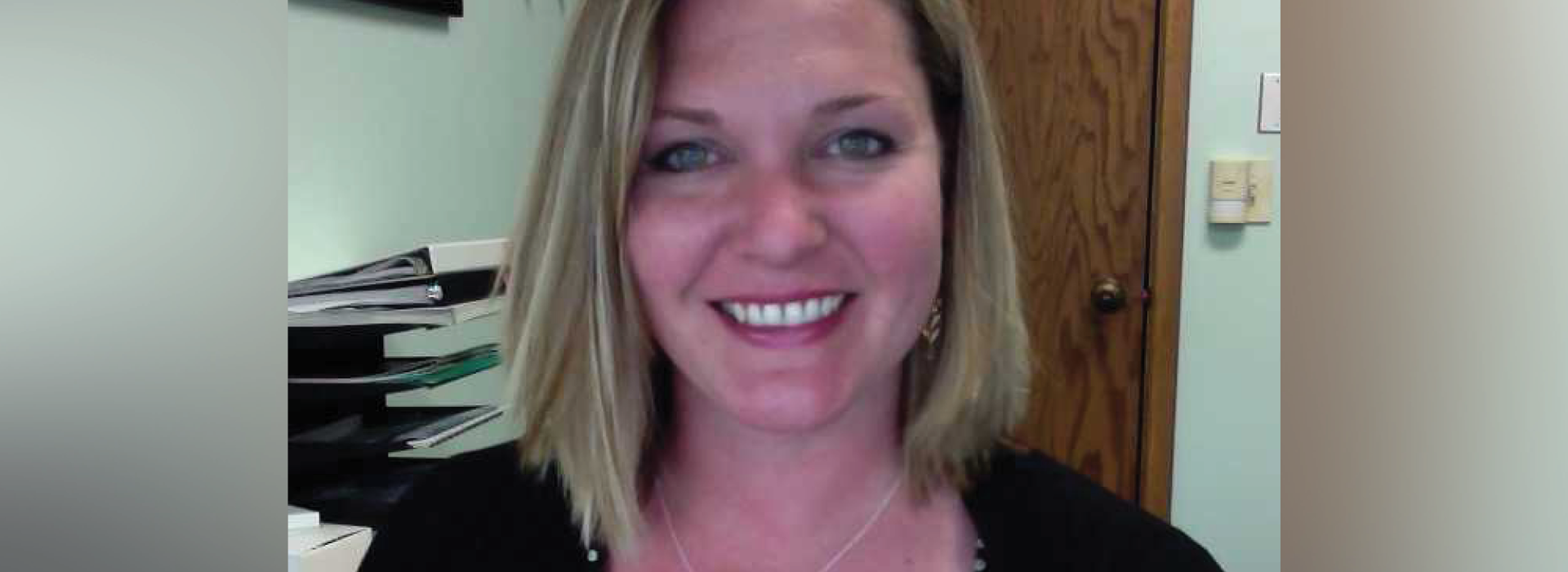
U Researcher Brings New Microbiology Research and Opportunities for Collaboration
Evidently, the world moves very quickly in times of uncertainty, as it seems that every day, new regulations, legislations, clinical trials and research findings come to surface in the midst of the COVID-19 pandemic. In these times, it helps to have on staff a self-proclaimed workaholic and determined researcher who “runs a million miles a minute.”
Nichole (Nikki) Klatt, PhD, is a newly recruited researcher at the University of Minnesota Medical School and comes from the University of Miami, where she remains adjunct faculty and continues to carry out several clinical research collaborations. Here at the Medical School, Dr. Klatt brings with her nearly $3M in research funding from the National Institutes of Health, operates a research laboratory, is a professor in the Department of Surgery and serves as the division chief of the newly formed Surgical Outcomes and Precision Medicine Research Division.
Although Dr. Klatt has moved from coast to coast to follow her lifelong pursuit of science and research, she grew up in Minnesota and graduated from Chaska High school in 2000. After graduating from the University of Minnesota Duluth with her bachelor of science in biology, she obtained her PhD from Emory University in 2008 and was also a visiting PhD candidate at the University of Pennsylvania. Dr. Klatt’s postdoctoral fellowship was at the National Institutes of Health. In 2012 she started her lab at the University of Washington until 2018, when she moved her lab to the University of Miami and operated there from 2018 to 2020. Dr. Klatt’s career has spanned the lengths of the nation, and now, she’s back in her native state of Minnesota.
“I never actually thought I’d ever move back to Minnesota, but the research community at the U of M is truly outstanding,” Dr. Klatt said. “The people here have really gone above and beyond for me while I’ve moved my lab and myself to the state during a time like this.”
In April, Dr. Klatt moved back to Minnesota from Florida with her rescued dog, Maverick, in tow. She has missed running and bike adventures on the trails in the great Minnesota outdoors. Dr. Klatt is also an avid wine enthusiast who loves to visit countries around the world and to learn about new cultures and cuisines by taking cooking classes and wine tasting on her solo travels.
“I love meeting new people when I travel and have developed lifelong friendships with many people I’ve met along the way,” Dr. Klatt said. “While I very much respect stay-at-home orders and think social distancing is still critical, I’m looking forward to a day when lab happy hours at local Minnesota breweries can happen again.”
Tackling many scientific quandaries, Dr. Klatt comes with a plethora of scientific expertise, including her research on the human microbiome (important microbes, or types of microorganisms, that live in the human body), vaginal bacteria, HIV, pharmacomicrobiomics, microbiology, mucosal biology, immunology, inflammation, surgical outcomes and sepsis, morbidities in transplants, women’s health, model studies and human disease.
“I am extremely passionate about women’s health,” Dr. Klatt said. “Women have a different microbiome than men do, and they can present with different biological reactions to many outside factors, including infections, pharmacokinetics of medications and can even display different symptoms from diseases. Gender difference is an understudied topic among researchers, and this puts us behind in known science to help women. I want to change that,” Dr. Klatt said.
Dr. Klatt is also currently involved in various national and international studies relating to the COVID-19 pandemic. Studies in her lab include research on how the microbiome may dictate the scale and severity of the virus, inflammation and immunity involved with COVID-19, and how these factors result in COVID-19 affecting some patients worse than others.
The unique combination of Dr. Klatt’s numerous studies and experience provides an opportunity for further development of collaboration among Medical School faculty across multiple departments and fields. Her expertise strengthens the Medical School’s commitments geared toward establishing innovative clinical studies and trials to advance the development of new treatments to help patients.
“I’m so glad to be back. I missed the seasons and the Minnesotan people,” Dr. Klatt said.